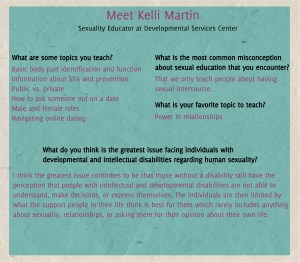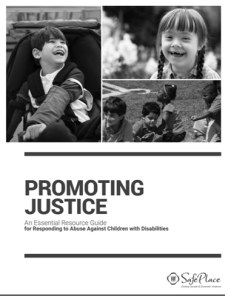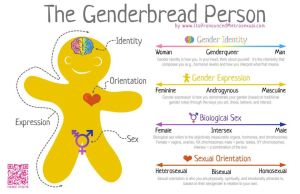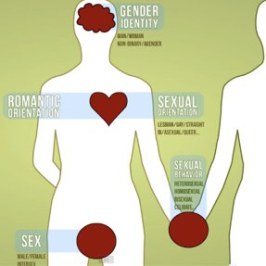
Here at The Birds and The Bees, we love getting to work with other Champaign-Urbana community members. The Developmental Services Center in Champaign is a great resource for children and adults with developmental disabilities. We’ve done an interview with Kelli Martin, member of DSC’s Sexual Resource Committee, who teaches human sexuality to adults with developmental disabilities.
Would you provide a short bio of your experience as a human sexuality educator?
I have worked at Developmental Services Center for 14 years and part of my responsibilities here includes being a member of our Sexuality Resource Committee. I have been a member of this team for almost 5 years. At DSC I provide education to our adult individuals, typically on a 1:1 basis. Topics taught have included basic body part identification and function, information on STIs and prevention, public vs. private, how to ask someone out on a date, male/female roles, navigating online dating, and everything in between. Prior to working at DSC I worked as an occupational therapy assistant in a variety of settings. Sometimes aspects of my job would include educating a patient on sexuality/body image/relationships after a physical injury in particular with young adults who had experienced traumatic brain or spinal cord injuries.
What is the most common misconception about sexual education that you encounter?
That we only teach people about having sexual intercourse.
What is one of your favorite topics to teach and why?
One of my favorite topics to teach has been about power in relationships. The conversation or session might start out about some sort of intimate/dating relationship and how power works, looks, feels in that sense, but then the points learned can be used in so many other relationship types. Many people, especially if they have a developmental disability have never had any control over their own life or felt that it was ok to make choices. It is very empowering to teach and a wonderful thing to witness when it finally clicks with the participant.
What do you find most difficult about teaching human sexuality?
I find the most challenging thing is to make sure that I don’t impose any of my own beliefs or biases into the session. I want to present objective information and then let the person make up their own mind about how that applies to them.
Could you give an example of what your teaching looks like (eg. how you have adapted existing material, an activity you like to use, how you have explained a specific concept)?
My teaching looks different from one participant to the next depending on their needs, but I like to use a lot of visual materials and I prefer to work 1:1. Pictures work well, but I like finding movies or YouTube clips that can emphasize or give a real representation of the point we are discussing. This was particularly helpful one session when the participant and I were discussing sexual harassment. He needed to see an example outside of himself to really understand what he was doing to others without realizing he was doing it.
What do you think is the greatest issue facing individuals with intellectual and developmental disabilities regarding human sexuality?
I think the greatest issue continues to be that those without a disability still have the perception that people with intellectual and developmental disabilities are not able to understand, make decisions, or express themselves. The individuals are then limited by what the support people in their life think is best for them which rarely includes anything about sexuality, relationships, or asking them for their opinion about their own life.
In your teaching, how do you increase awareness about rape culture and sexual assault?
I am part of a statewide project called “Illinois Imagines”. Our local collaborative is made up of disability service providers, the rape crisis center and DHS. We work to improve services to women with disabilities who have been survivors of sexual violence. There is a tool kit which includes many activities and lesson plans for women with disabilities to learn more about speaking up for their right to say “No” against violence and also their right to say “Yes” to healthy relationships and expression of their own sexuality. Our local team has also put on a couple of workshops for disability and mental health service providers, emergency personnel, and hospital staff in how to assist someone with a disability who is in crisis from a sexual assault.
To learn more about the Developmental Services Center or Illinois Imagines, please visit their websites.
You can download some information on Kelli here.


 y attracted to women.
y attracted to women.